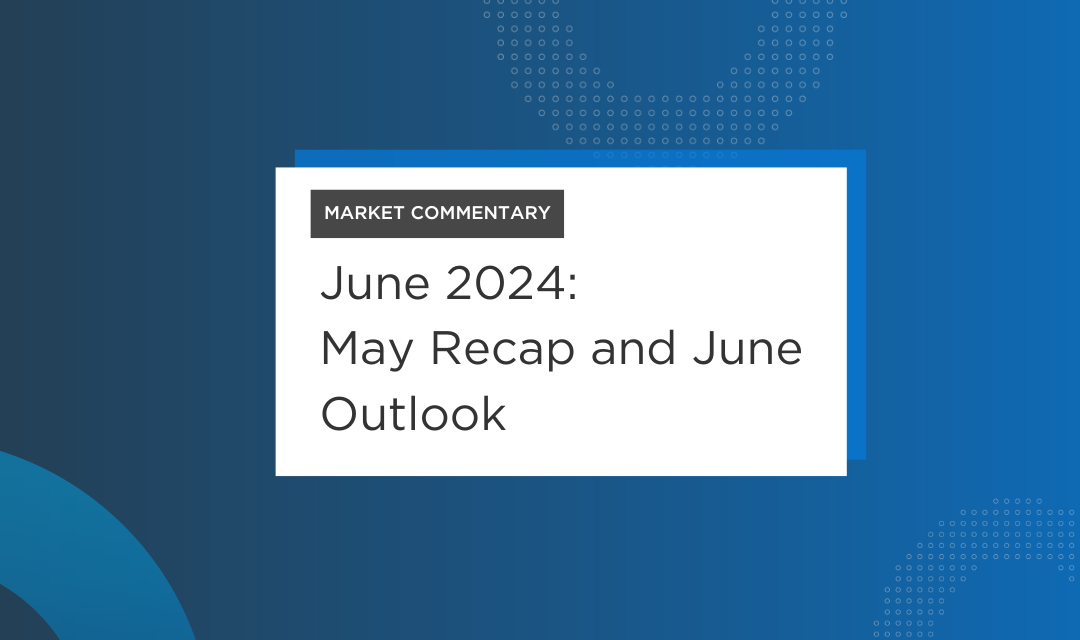Why Financial Education Matters Today
April is National Financial Literacy Month – and we are suggesting some changes. Americans are in need of financial education and coaching, and the goal should be more than basic literacy, it should be financially empowering our communities. People are struggling with economic hardships caused by new and ongoing forms of inequity: pay and benefit gaps for women and people of color, racial and gender wealth gaps, generational poverty, and pandemic-related expenses and job losses. Low-income families have also been hit the hardest by general inflation and recent sticker shock on basic necessities like groceries and gas.
Although financial education can’t predict or prevent an economic crisis, it does help individuals, families, and communities weather difficult times with more resilience and less stress. Understanding money management can help anyone improve their economic situation and prepare for a brighter future regardless of their income level. Here’s why financial education matters and what you should keep in mind during this financial literacy month.
Why Is Financial Education Important?
Today, two thirds of American adults cannot pass a basic financial literacy test; nearly half can’t cover a minor emergency, and a third have no money saved for retirement. This means that much of the US population may be at serious economic risk now or later in their lives. Providing all Americans with financial education in grade school, the workplace, and communities will help improve economic security for everyone. This leads to many important and lasting benefits:
- Improved financial wellness for everyone, now and in the future. Children are capable of learning about money management from a very young age, and financial literacy can prepare them for everything from saving up for a gaming console to saving up for college. Later, it helps adults manage budgets, build savings, establish good credit, and invest funds wisely so they can make major purchases and life plans. Financial education lets people retire comfortably and provide for loved ones’ futures.
- Ways to break the cycle of generational poverty. Low-income families often don’t have education in financial wellness practices to pass to their children. Because related education isn’t currently part of most grade school curricula, such children are left to their own devices. Understanding money matters helps families plan and pay for major and minor life expenses regardless of their income level while continuously building wealth. This helps them pass both wealth and money management skills to future generations.
- Increased likelihood that young people will attend college. Children whose parents create college savings accounts are three times more likely to go to college and four times more likely to graduate. Given that most high-quality jobs today require a bachelor’s degree, it’s essential that parents and caregivers open and contribute to these accounts as early as possible in their children’s lives. Ensuring that children are financially literate at a young age will also help them avoid student debt problems.
- Reduced wealth gaps for improved social and economic justice. Providing high-quality financial education in schools and communities leads to better money management for historically disadvantaged groups who need it most. Today, women and people of color continue to experience systemic pay and wealth gaps compared to White men. Until this is no longer the case, well-informed financial management and planning are essential to mitigating that loss for these groups as much as possible.
- Increased financial independence. People who understand how to manage their finances are less likely to rely on loans from family members and high-interest predatory lenders; women are less likely to rely on male breadwinners. Financial education makes people less susceptible to scams and risky investments, and it offers more resources in difficult times. Being financially stable and independent reduces stress, and it sets a good example for everyone around an economically stable individual.
- Healthier, more prosperous communities. When every individual is financially educated and able to manage wealth effectively, the communities they live in benefit as well. A more educated local workforce leads to food security, home purchases, fewer neighborhood foreclosures, the launch and success of more small businesses, and lower crime rates. The more communities thrive, the more they attract outside businesses and homeowners that will continue to boost their economic health.
- Is an essential tool during an economic crisis. In a 2020 survey, 88% of Americans said they suffered increased financial stress because of the pandemic. Layoffs, reduced work hours, hospitalizations, childcare needs, and more led to significant pocketbook strain. Financial literacy education offers tools that help individuals and businesses become more resilient during and after economic crises.
Until financial wellness becomes part of standard school and workplace education in the US, communities are in immediate need of financial education initiatives and programs. Much as supplying free COVID-19 vaccines protects public health, so education in money matters can protect community wealth. Educators, employers, financial counselors, banks, credit institutions, and nonprofit organizations can all help to provide this essential service to the people they serve.
Improve Financial Education With FinPath
FinPath partners with employers such as school districts, government organizations, nonprofits and for profits to bring financial guidance to employees. Our goal is to help empower communities with access to the financial tools and resources they need to achieve financial wellness. Our Financial Coaches work on creating a long-term plan customized for each individual, and all services are provided at no cost.
FinPath is offered through RPW Solutions.
We are here to help. Get matched with a Financial Advisor:


